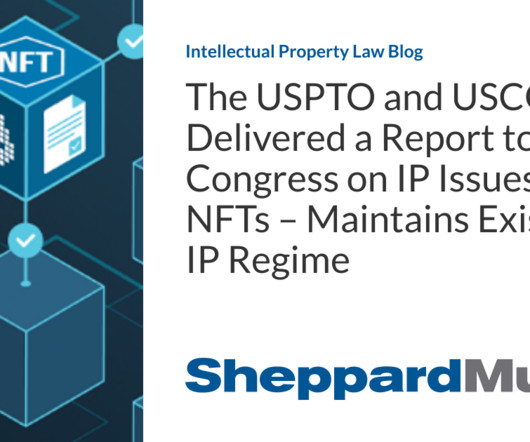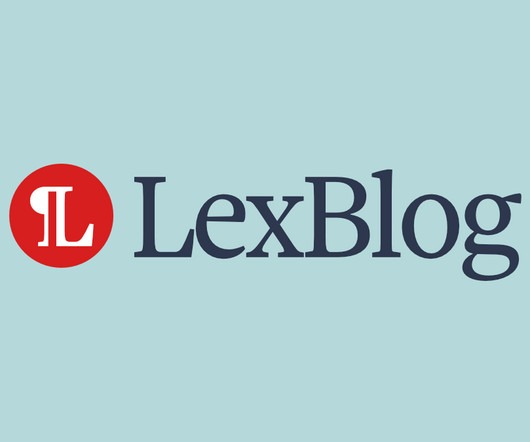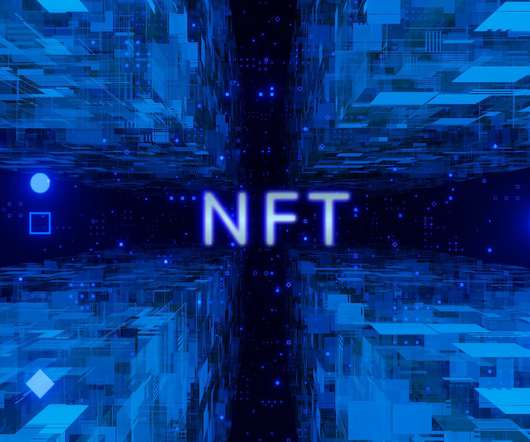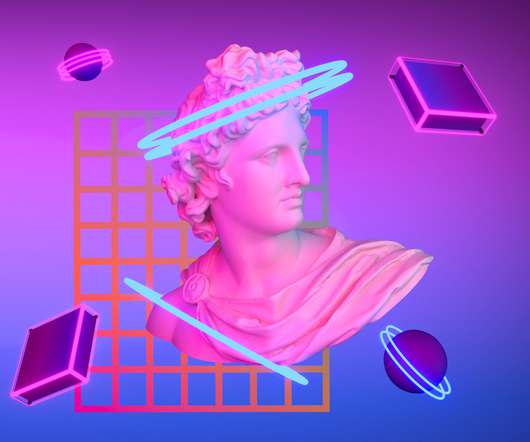The USPTO and USCO Delivered a Report to Congress on IP Issues with NFTs – Maintains Existing IP Regime
Intellectual Property Law Blog
MARCH 13, 2024
The United States Patent and Trademark Office (“USPTO”) and the United States Copyright Office (“USCO”) delivered a report to Congress entitled Non-Fungible Tokens and Intellectual Property on March 12, 2024 (“Report”). In other words, this is more of a contractual issue than statutory issue in the US.













Let's personalize your content